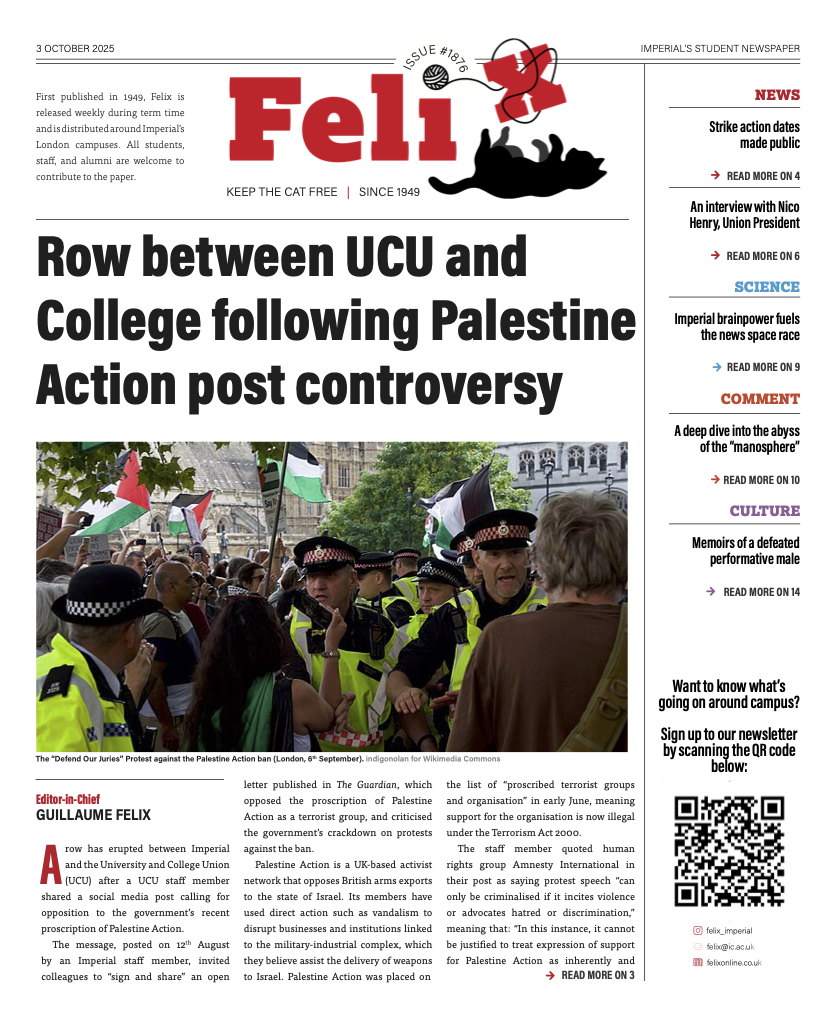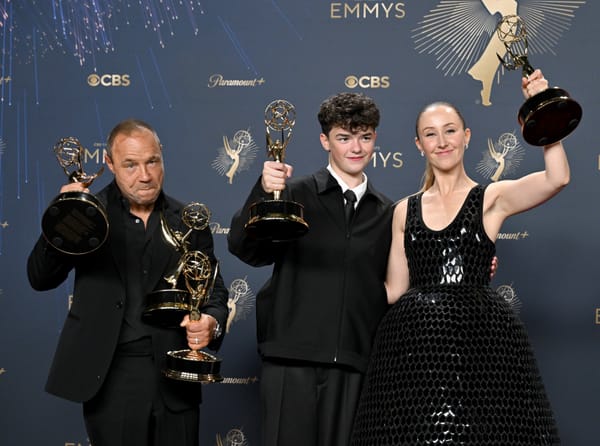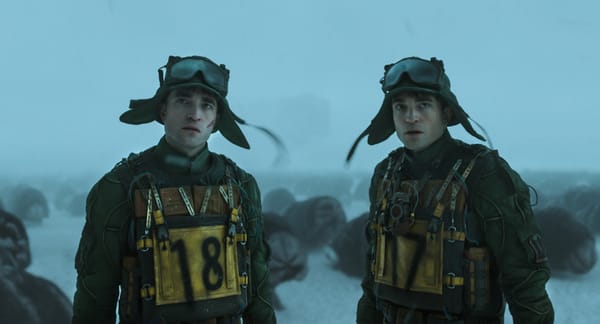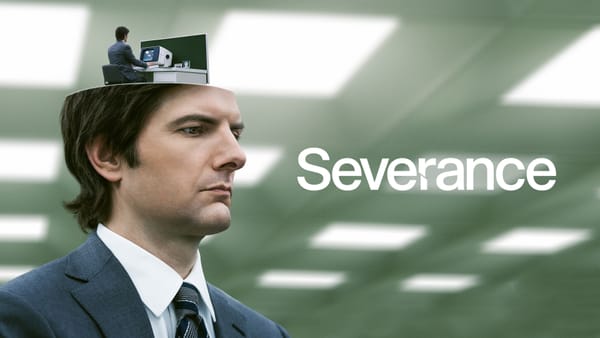The pot is starting to boil over
How Eddington makes increases in political violence feel inevitable
The American Western thriller film released on 22nd August, Eddington, takes place in the early months of 2020. There are other films that claim to have that setting – and I’m sure that the calendars and phones in those movies would attest that. But Eddington very specifically feels like it’s set in the 2020, the one we all lived through. It’s very strangely a period piece, and my use of language there is deliberate. The film is firm in telling us that it’s set in a foreign time that seems unimaginable now – we are, thankfully, a million miles away from that time. It may as well be another universe.
As with many Ari Aster films, I came out of this struggling to know what to say. His psychedelic, confusing style is present here and only becomes more apparent the further along we get. The plot marches forwards and never stops escalating – much to a viewer’s surprise. Overwhelmingly, the feeling I got from watching this film was being shocked that it just keeps going. You think Aster is going to tap out, give us the cataclysmic event that the film has been building towards and then let us bask in it as the credits roll, but he keeps on escalating. Each gasp-inducing
severity is just one more Rubicon in a long, long line of crossings. When the credits did roll, a part of me was doubtful that this truly was the end. Aster is known for his bold decisions in film structure and, more often than not, I think that the risk pays off. In Eddington, I believe it really sticks the landing.
The politics of Eddington came across to me as incongruent at first. It takes place in early 2020 amongst the hysteria around pandemic-doubters and anti-maskers. But alongside these undeniable crackpots, Eddington pits another group: the teenagers of the Black Lives Matter movement. Both groups initially seem like they’re being viewed as two sides of the same coin which was quite affronting. But upon closer inspection, Aster is making a more nuanced assessment. The film has nothing to say about the Black Lives Matter political movement at all. The political agents of this film are the teenagers, coming to adolescence at a deeply confusing time in society. You have these teens being exposed to a hundred viewpoints on a hundred things and absorbing whatever they heard most recently (from the most charismatic source). In Eddington, the struggle of online misinformation and hysteria is the crux of the character’s motivations. It tells of a world where social media has become the miasmic centrepiece of all political debate. For a world trapped inside, the Internet is their eyes. This is as much a film about grifters as it is about the cementing of the young, Republican, suit-wearing, online, “debater” personality – an eternal figure in political discourse. There is false flag after false flag and Aster leaves any true intention up in the air. It’s confusing. I can see what Aster was doing, and I admire it, but it does occasionally leave a bad taste in my mouth with some of the particular decisions.
The backdrop of the pandemic gave Aster a foundation to stage the heightened world of Eddington. The insanity and often gratuitous political violence in the film were in the realm of suspended disbelief due to the film’s almost fantastical depiction of the year 2020. But it seems that Aster was correct in his assessment of how technology drives politics apart. It radicalises and it slowly increases the temperature. The events in Eddington did not really take place, but give the world, more specifically America, a few more years and maybe a threshold will be crossed. Perhaps assassinations will cease to be as shocking to the world and people’s capacity to be shaken by news will begin to numb. Eddington warns us to try and stop what may already be in motion and mend the ever-growing gap in online political spaces in an uncanny, disturbing fashion. If nothing is done, everything will get worse. But what can be done?
The protagonist in Eddington is an “I’m not racist but” police sheriff played by Aster alumnus Joaquin Phoenix. Borrowing from the same chops he used for Beau Is Afraid, Phoenix is pathetic and easy to hate. The character’s initial wall of Stetson-toting faux masculinity is quickly blown away like his hat in the wind. It’s not meant for him. He’s slimy and willing to use his wife’s trauma in a sorry attempt to further his bid for mayor. An impressive part of Phoenix’s performance is that he rarely seems to view anything he does as wrong. He justifies it to himself beforehand and tries to forget it afterwards; never holding himself accountable. This worked well as a foil against Pedro Pascal’s role as a flawed but generally kind candidate and a father who is trying his best. Pascal scolds Phoenix as if he was another son of his – and Phoenix is great at looking emasculated.
I’m glad I watched Eddington. I recognise that I discussed very little of the plot in this review but there was just so much of it. The Internet was always going to slowly divide the political spectrum and further the gaps from the centre, but the pandemic expedited that process. I’d like to hope that, at some point, the rift in discourse will be even partially drawn back together. That the echo chambers of “verified” Twitter accounts and manosphere TikToks will be seen as the blatant radicalising propaganda that it is. I’m not sure that’s going to happen any time soon, but I can afford to be optimistic.










